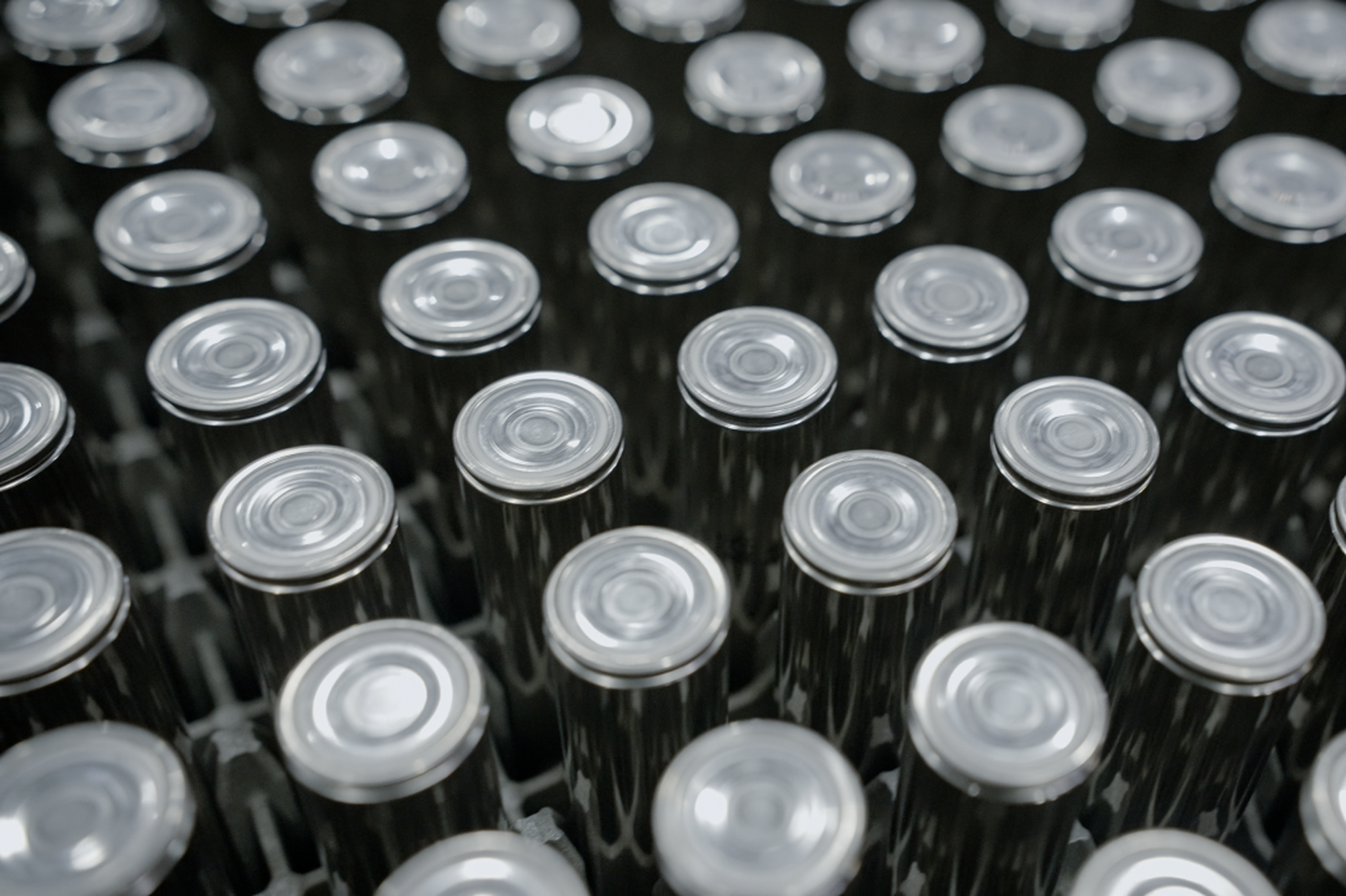
Nov 15, 2022
Panasonic to source high-nickel cathode from Redwood
Read post

Redwood combines recycling, refining and remanufacturing to produce and return battery materials to U.S. battery cell manufacturers. We take in end-of-life batteries, break them down to their basic metals (like nickel, copper, cobalt, and lithium) and then rebuild those metals into cathode and anode products, the most critical and expensive components in an EV. Localizing the production of critical battery components and ensuring these materials are recycled is the only way to drive down costs, emissions, and geopolitical risks while meeting U.S. battery and electrification demand.
Currently, anode and cathode components are not produced in North America, and battery cell manufacturers have to source them via a 50,000+ mile global supply chain. As a result, U.S. battery manufacturers will spend more than $150B overseas on these components by 2030.
A new manufacturing corridor from Michigan to Georgia is becoming known as America’s “Battery Belt” and is where hundreds of GWh a year of battery cell production capacity will be built and start operating between now and 2030. Yet, unless metals like lithium and nickel are produced and refined and remain in country for domestic anode and cathode manufacturing at scale, these American battery cell facilities will have to continually source the majority of their components, predominantly from Asia. This will send most (50-75%) of the economic value and job creation overseas.
Today, we announce Redwood’s next Battery Materials Campus, in the heart of the “Battery Belt,” just outside of Charleston, South Carolina. At Camp Hall in Berkeley County, Redwood will recycle, refine and manufacture anode and cathode components on more than 600 acres, creating more than 1,500 jobs and investing $3.5 billion in the local community. Eventually, this campus will produce 100 GWh of cathode and anode components per year –enough to power more than one million EVs. However, this site also provides us the opportunity to expand our operations to potentially several hundred GWh annually to meet future demand.

We plan to break ground on our Carolina Campus in Q1 2023 and have our first recycling process running by the end of next year. We will buildout downstream component manufacturing and scale, step-by-step.
Similar to our Nevada operations, Redwood’s South Carolina operations will be 100% electric and won’t use any fossil fuel in our processes (we will not even pull a gas line to the site). We will source only zero emission, clean energy and our innovative plant design and manufacturing process will allow us to reduce the CO2 emissions associated with producing these components by about 80% compared to the current Asia-based supply chain that we are dependent on for these crucial materials.
South Carolina has been home to the automotive industry for nearly three decades with more than 500 automotive companies and 72,000 autoworkers. Under Governor McMaster’s leadership, South Carolina’s commitment to creating a secure energy future and a competitive landscape for electric vehicle manufacturing, supported by a world-class workforce, fast and efficient logistics, zero-carbon electricity and a phenomenal site made it a smart decision for Redwood to invest here. Redwood’s existing partners like Toyota, Volvo, Panasonic and Envision AESC also have a strong foothold in this region, in addition to many other battery manufacturers. South Carolina allows us to meet our partners’ demand while also scaling in the most sustainable and cost-effective way.
Additionally, Charleston has consistently been awarded one of the top cities in the world to live, work, and visit. Redwood is offering an exciting, new industry and will be able to recruit a talented workforce from all over the world to this region.
With increasing demand for lithium-ion batteries, the ability to import raw materials, which we will also be able to refine on this site, presents a significant advantage. The Port of Charleston offers a top U.S. port as we scale production. Additionally, this site will be served by rail access, adding to the fast and efficient logistics this state and site offers. When paired with the benefits of the recent Inflation Reduction Act, this strategic location also allows us the opportunity to invest more heavily at home while potentially exporting components in the future, allowing the U.S. to become a global leader in this manufacturing capability.
We’re excited about our future in South Carolina and look forward to sharing more about our campus and plans!